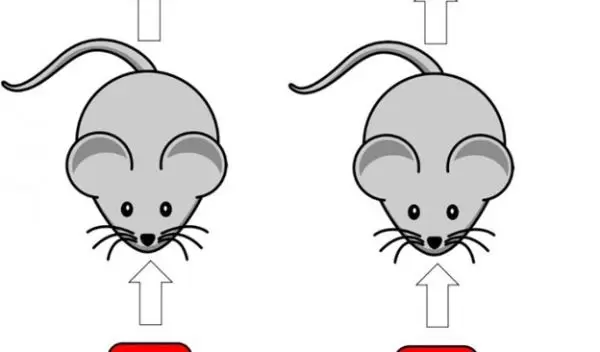
Engineered organism could diagnose Crohn's disease flareups
In an important step toward the clinical application of synthetic biology, Rice University researchers have engineered a bacterium with the capability of diagnosing a human disease.
An engineered strain of the gut bacteria E. coli senses pH and glows when it encounters acidosis, an acidic condition that often occurs during flareups of inflammatory bowel diseases like colitis, ileitis and Crohn's disease. The pH-sensing circuit was discovered by Rice researcher Kathryn Brink.
Researchers at the University of Colorado then used the Rice-created organism in a mouse model of Crohn's disease to show that acidosis activates a signature set of genes. The corresponding genetic signature in humans has been observed during active inflammation in Crohn's disease patients. The U.S. National Science Foundation-funded results are published in Proceedings of the National Academy of Sciences.
Study co-author Jeffrey Tabor's lab engineered the pH-sensing bacterium. "We think it could be added to food and programmed to warn patients when a flareup is just beginning," said Tabor.
Over their 3.5 billion-year history, bacteria have evolved countless specific and sensitive genetic circuits to sense their surroundings. Tabor and colleagues developed a biohacking toolkit that allows them to mix and match the inputs and outputs of these bacterial sensors.
Study co-authors Sean Colgan and Ian Cartwright read about the pH sensor and contacted Tabor to see if it could be adapted for use in a mouse model of Crohn's disease.
"It turns out that measuring pH in the intestine through noninvasive ways is difficult," said Colgan. Brink spent a few weeks splicing the necessary sensor circuits into an organism and sent it to Colgan's lab.
"Correlating intestinal gene expression with the bacterial pH-sensing bacteria proved to be a useful and valuable set of biomarkers for active inflammation in the intestine," Colgan said.
Added David Rockcliffe, a program director in NSF's Division of Molecular and Cellular Biosciences, "Engineering organisms is a growing technology that has the potential to be transformative to our health and wellness practices by allowing us to pursue avenues of investigation that were previously unimagined."
